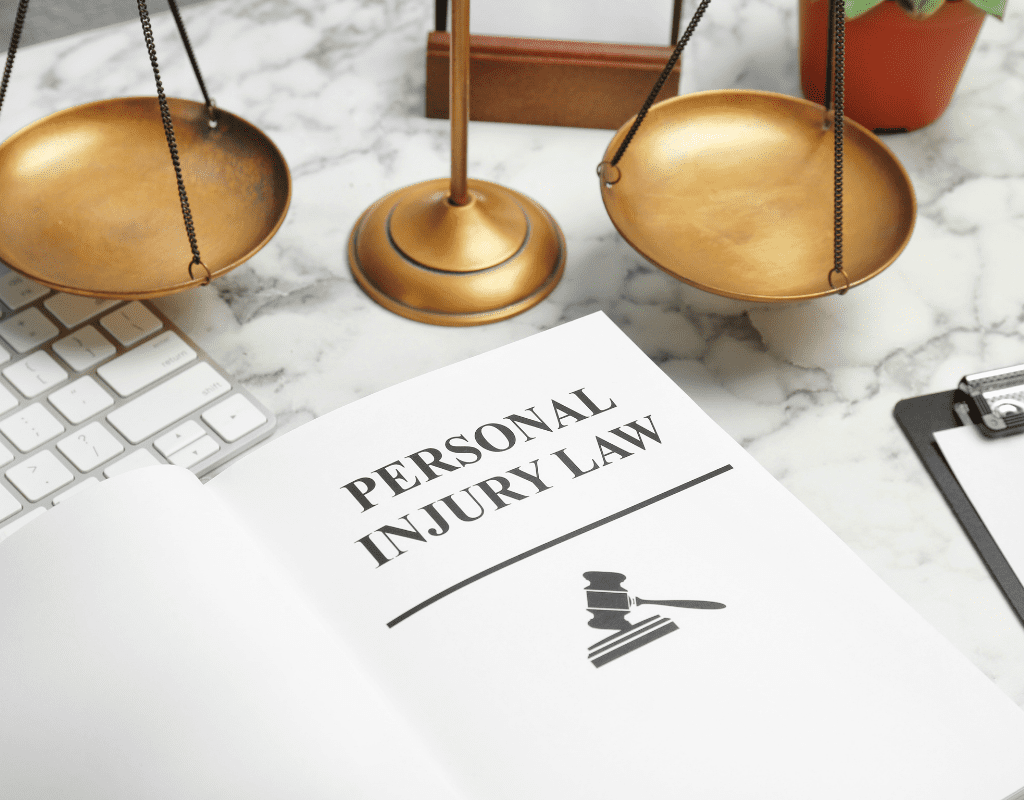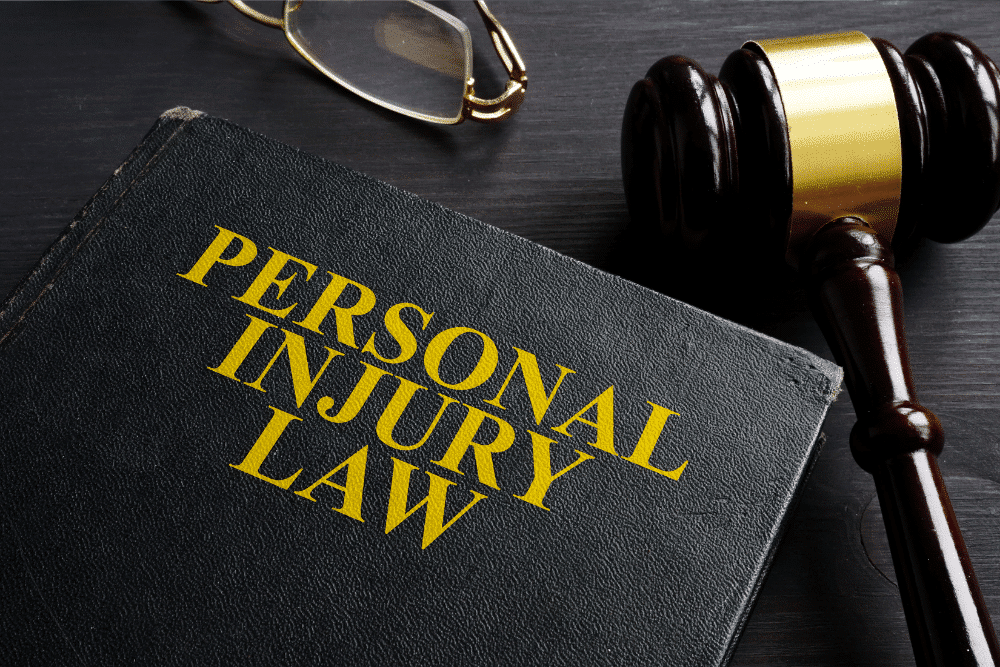Dealing With Insurance After a FL Hurricane
Hurricane Ian has dealt some significant damage to many Floridians. If you’re trying to pick up the pieces from this natural disaster, you’ll have to deal with your insurance company – which isn’t a task many people look forward to.
Before you speak to your insurance, you should first work to understand what your rights are in this situation and what you are entitled to. Additionally, it’s a good idea to know what to do if you file a claim and get denied. Do you have options? You bet you do!
Read on to find out how to navigate this tough time after Ian, and how you can identify shady tactics used by some insurers to get out of paying your claim.
Don’t miss out on the compensation you need and deserve!
Hurricane Insurance in Florida
So, what does homeowner’s insurance cover in the Sunshine State?
First and foremost, it’s important to understand that hurricane insurance is not the same thing as flood insurance. Under Florida law, insurance covering Florida property must cover hurricane wind damage. But this is different than flooding, and these protections often don’t extend to the flooding that can occur from a storm surge during a hurricane.
If your property got damaged from flooding during a hurricane or other natural disaster, a normal homeowner’s insurance policy won’t cover it. You would have needed additional insurance for a flood.
What Is Covered by Home Insurance in Florida?
The Florida Office of Insurance Regulation details what is covered by different homeowner’s insurance policies in Florida. Even the most basic insurance policies will cover events such as:
- Theft
- Lightning
- Riots
- Theft
- Fire
- Volcanic eruptions
- Explosions
- Hail
- Vandalism
In Florida, policies on residential properties must cover windstorm damage unless you sign a waiver to remove it from your insurance plan.
One important thing to note is that there is a roof damage loophole in insurance coverage in the state that may help you. While policies don’t cover flooding, they do cover roof damage due to winds.
If your roof gets damaged and flooding occurs from rain coming in through the roof, it may be covered. Basically, if you can connect water damage in your home to the damage on your roof, you may be able to get it covered without specifically having flood insurance. It’s a loophole you should try to take advantage of if you can!
Deductibles for Hurricanes in Florida
After a hurricane, you will submit a claim for damages. In this process, you typically have to satisfy the deductible associated with the hurricane first. Our state is one of a handful that allows this type of deductible since hurricanes frequently occur here.
The hurricane deductible is one that must be fulfilled separately from the deductible related to your home insurance. However, there are only certain circumstances under which it applies.
Specifically, it is triggered when:
- the National Weather Service identifies a hurricane and
- your home gets damaged by it.
It also only applies once per season, so once you fulfill your hurricane deductible, you cannot be charged with it again in that same season should another hurricane strike.
Under normal circumstances, the deductible is removed from the amount you receive through your insurance claim for any losses or property damage you sustained. It can range from one percent to five percent of your home’s insured value, but it can also be a flat dollar amount. Check your policy to find out how much our hurricane deductible is.
After a Florida Hurricane: Submitting a Claim with Photos
When your home gets damaged by a hurricane, the first thing you want to do when it’s safe is to take photos to document the damage. These photos will help your claim if you can submit them together. It’s especially helpful if you have before and after photos, so taking pictures of your house when it’s in good condition is something every homeowner should do.
What Are Floridians’ Rights?
As a policyholder, you have rights in the state of Florida. It’s important to familiarize yourself with these rights so you can navigate the insurance system when your claim is filed and know what you should expect from the get-go. This way, insurance companies won’t be able to take advantage of you.
Hiring an attorney represent you is another way to protect yourself. They can be your advocate and are intimately familiar with the system and your rights. For example, they know that once your claim gets filed, you should:
- Get an acknowledgment of the claim from your insurance company within 14 days
- Notification within 30 days after you filed your Proof of Loss with the company of whether the claim you filed will be fully or partially covered, denied, or investigated more thoroughly
- Receive a denial, partial payment, or full settlement within 90 days of your claim
Tactics Used by Insurers
Most people want to believe their insurance company will deal with them fairly, but that’s not always the case. When hurricanes hit, they impact a lot of people, and all of these people will submit claims at the same time. This delays claim processing for many people, which is why many people opt to bring an attorney on board to help with their claims.
However, delayed processing isn’t the only unsavory tactic insurers use to save money. Sometimes misleading statements about coverage are made, as well as other bad faith actions such as:
- Undervaluing estimates
- Forcing the settlement of a claim that is under a different policy
- Communicating with the homeowner that no legal representation is required to help resolve their claim
- Requiring the homeowner to release any supplemental claims so they can get their settlement
If you encounter tactics you believe are not in good faith from your insurance company, contact a lawyer immediately. They can help you understand what you are entitled to through your insurance policy, recognize bad faith actions, and resolve your settlement as quickly as possible in the wake of Hurricane Ian.
About the Author:
Andrew Winston is a partner at the personal injury law firm Winston Law. For over 20 years, he has successfully represented countless people in all personal injury cases, focusing on child injury, legal malpractice, and premises liability. He has been recognized for excellence in representing injured clients by admission to the Million Dollar Advocates Forum and named one of America’s Top 100 High-Stakes Litigators. Mr. Winston is AV Preeminent Rated by the Martindale-Hubbell Law Directory, enjoys a 10.0 rating by AVVO as a Top Personal Injury Attorney, and has been selected as a Florida “SuperLawyer” from 2011-2022– an honor reserved for the top 5% of lawyers in the state – was voted to Florida Trend’s ”Legal Elite,” recognized by Expertise as one of the 20 Best Fort Lauderdale personal injury attorneys, named one of the Top 100 Lawyers in the Miami area for 2015-2022, and one of the Top 100 Lawyers in Florida for 2015-2017 and 2019-2022.
 FL Beach Injuries: What Are Your Options?
FL Beach Injuries: What Are Your Options? 



















